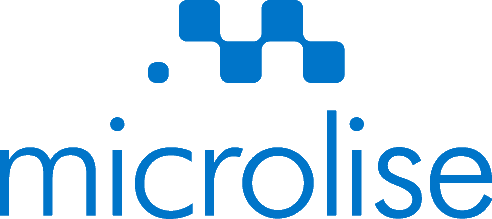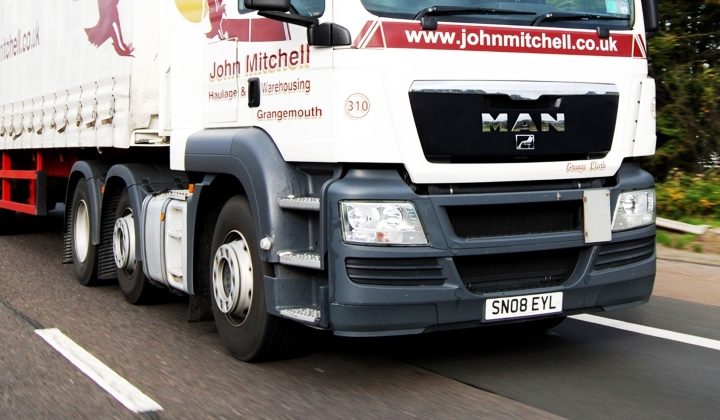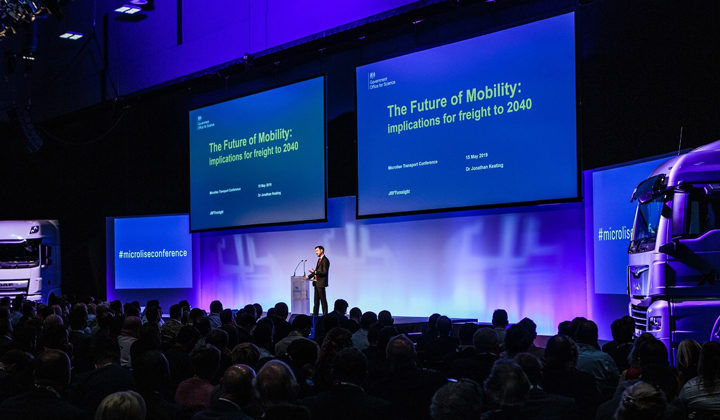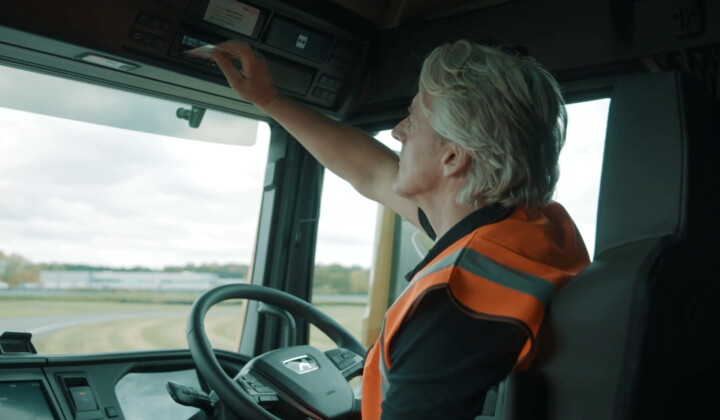The government is to suspend all Clean Air Zones until at least January 2021, due to the impact of the COVID-19 pandemic.
Rebecca Pow, a junior minister at the Department for Food, Environment and Rural Affairs (Defra), says the move will provide “certainty” to the commercial fleet industry. In her recent letter to David Wells, the chief executive of the Freight Transport Association (FTA), Pow acknowledged it was a “difficult time” for the industry.
Pow said that while Defra still intends to introduce CAZ schemes, it “will work with local authorities to delay introducing Clean Air Zones until after the COVID-19 outbreak response”.
“We will keep the timetable under review but we expect the introduction of Clean Air Zones to be no earlier than January 2021,” she said.
“We are in a new and evolving situation which needs a coordinated approach to minimise wider societal impacts. We are committed to maintaining an open dialogue and working with all of our key stakeholders to understand what work is achievable.”
Natalie Chapman, FTA head of urban policy, welcomed the delay saying: “While FTA and its members support fully the government’s ambition to improve air quality across the UK, to achieve compliance with the scheme businesses would have to undertake significant work and planning.
“With the industry focusing all its attention on ensuring the public, supermarkets and other retailers continue to receive the essential items they need during the pandemic, logistics businesses simply do not have the resources to dedicate to preparing for the imminent introduction of CAZs.
“In addition, supplies of technology, equipment and trucks are being disrupted by the pandemic, making it harder for businesses to upgrade their fleets to meet the emission standards required of the schemes.”
BVRLA chief executive Gerry Keaney said the government’s decision was “very sensible in the current circumstances.”
“It gives some temporary respite for businesses and individuals trying to come to terms with the current health crisis and gives the government’s Joint Air Quality Unit (JAQU) extra time to make sure that key systems such as the centralised payment portal are fit-for-purpose and more fleet friendly.”





